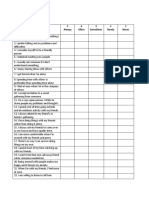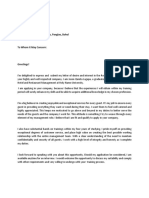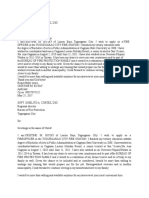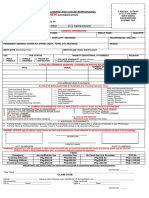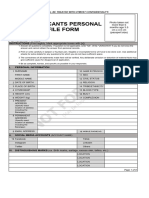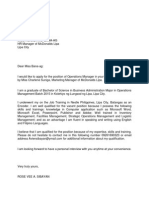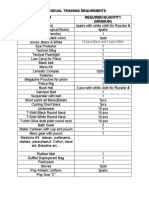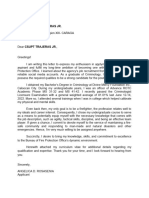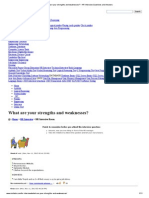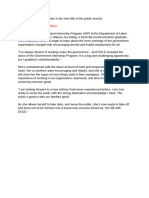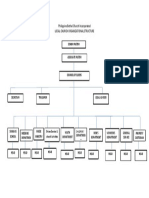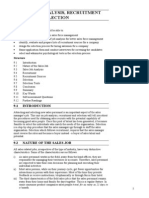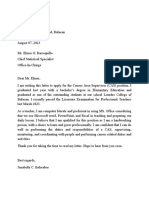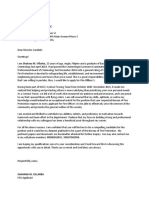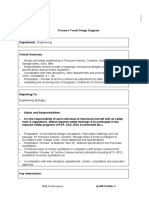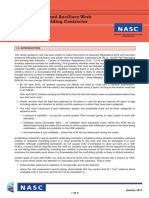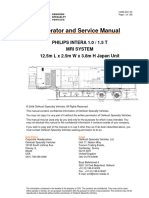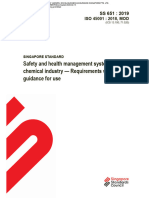0% found this document useful (0 votes)
2K views5 pagesPanel Interview
The Bureau of Corrections (BuCor) is a Department of Justice agency focused on the safekeeping and rehabilitation of inmates sentenced to over three years, with a mission to protect the public and a vision for a safer society by 2028. Its core values include God-Centeredness, Vigilance, Innovativeness, Integrity, and Commitment, which guide its operations and the conduct of its personnel. The document also outlines the roles and responsibilities of Corrections Officers, the importance of integrity, and the applicant's aspirations to contribute positively to the Bureau's goals.
Uploaded by
markgwapsmagno111Copyright
© © All Rights Reserved
We take content rights seriously. If you suspect this is your content, claim it here.
Available Formats
Download as PDF, TXT or read online on Scribd
0% found this document useful (0 votes)
2K views5 pagesPanel Interview
The Bureau of Corrections (BuCor) is a Department of Justice agency focused on the safekeeping and rehabilitation of inmates sentenced to over three years, with a mission to protect the public and a vision for a safer society by 2028. Its core values include God-Centeredness, Vigilance, Innovativeness, Integrity, and Commitment, which guide its operations and the conduct of its personnel. The document also outlines the roles and responsibilities of Corrections Officers, the importance of integrity, and the applicant's aspirations to contribute positively to the Bureau's goals.
Uploaded by
markgwapsmagno111Copyright
© © All Rights Reserved
We take content rights seriously. If you suspect this is your content, claim it here.
Available Formats
Download as PDF, TXT or read online on Scribd
/ 5



